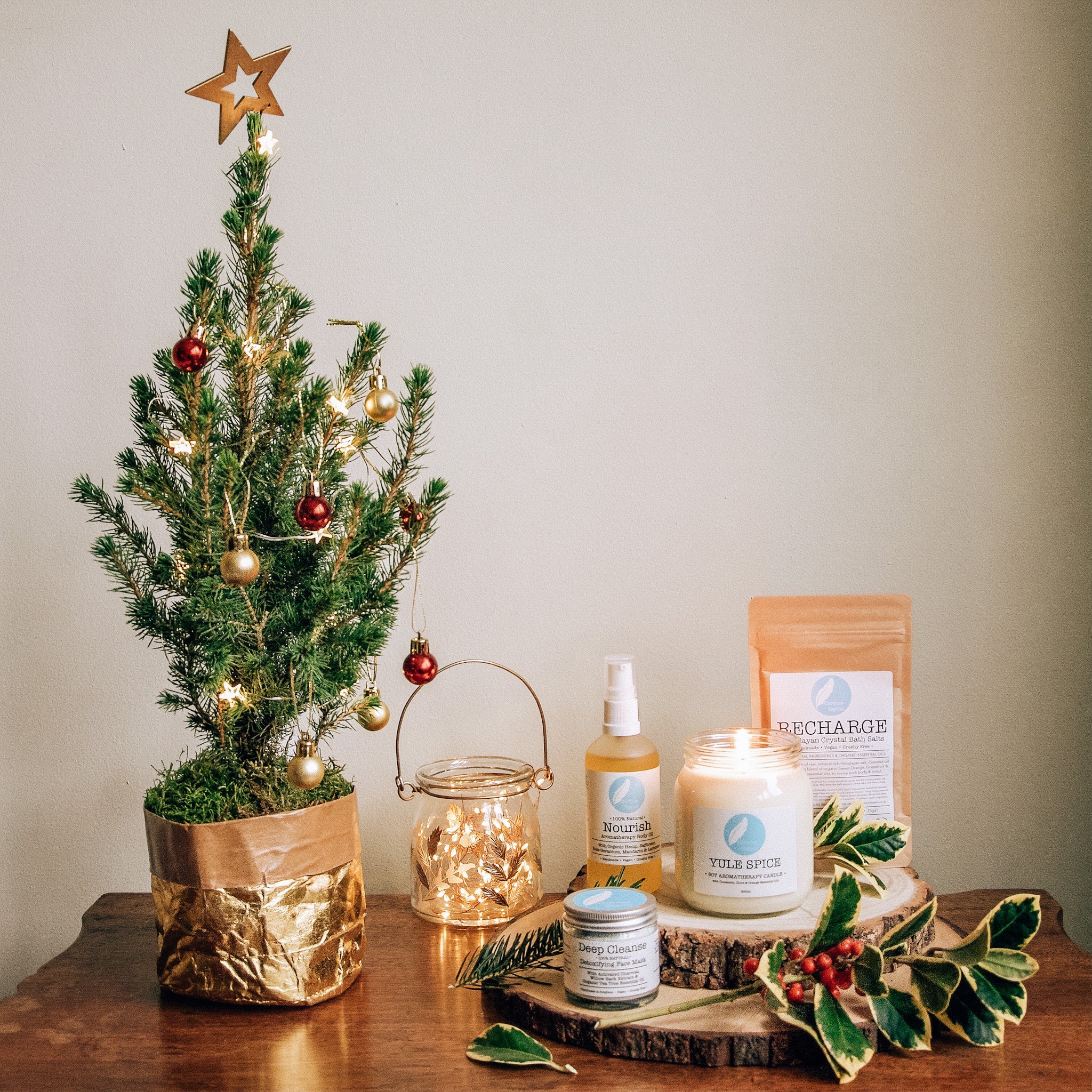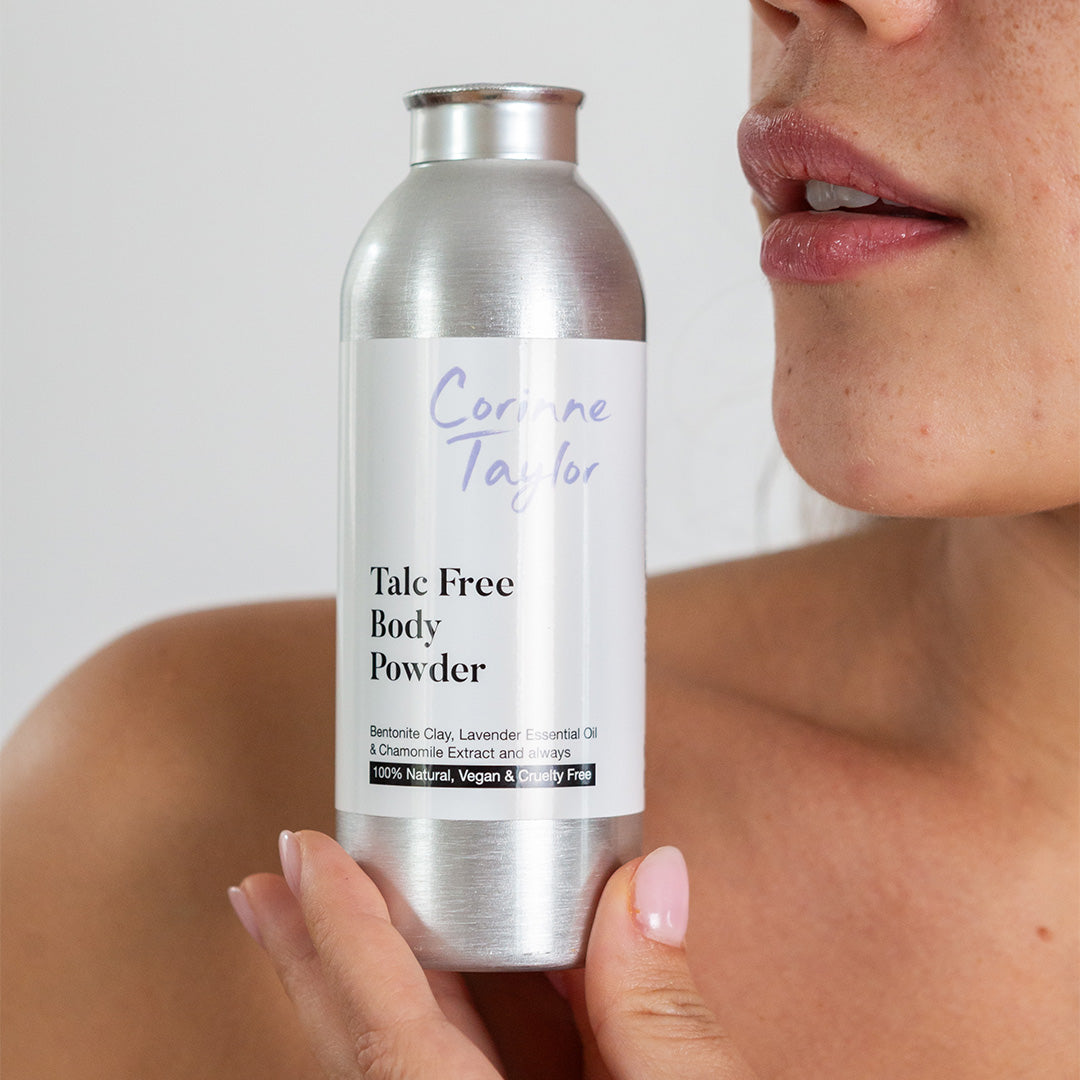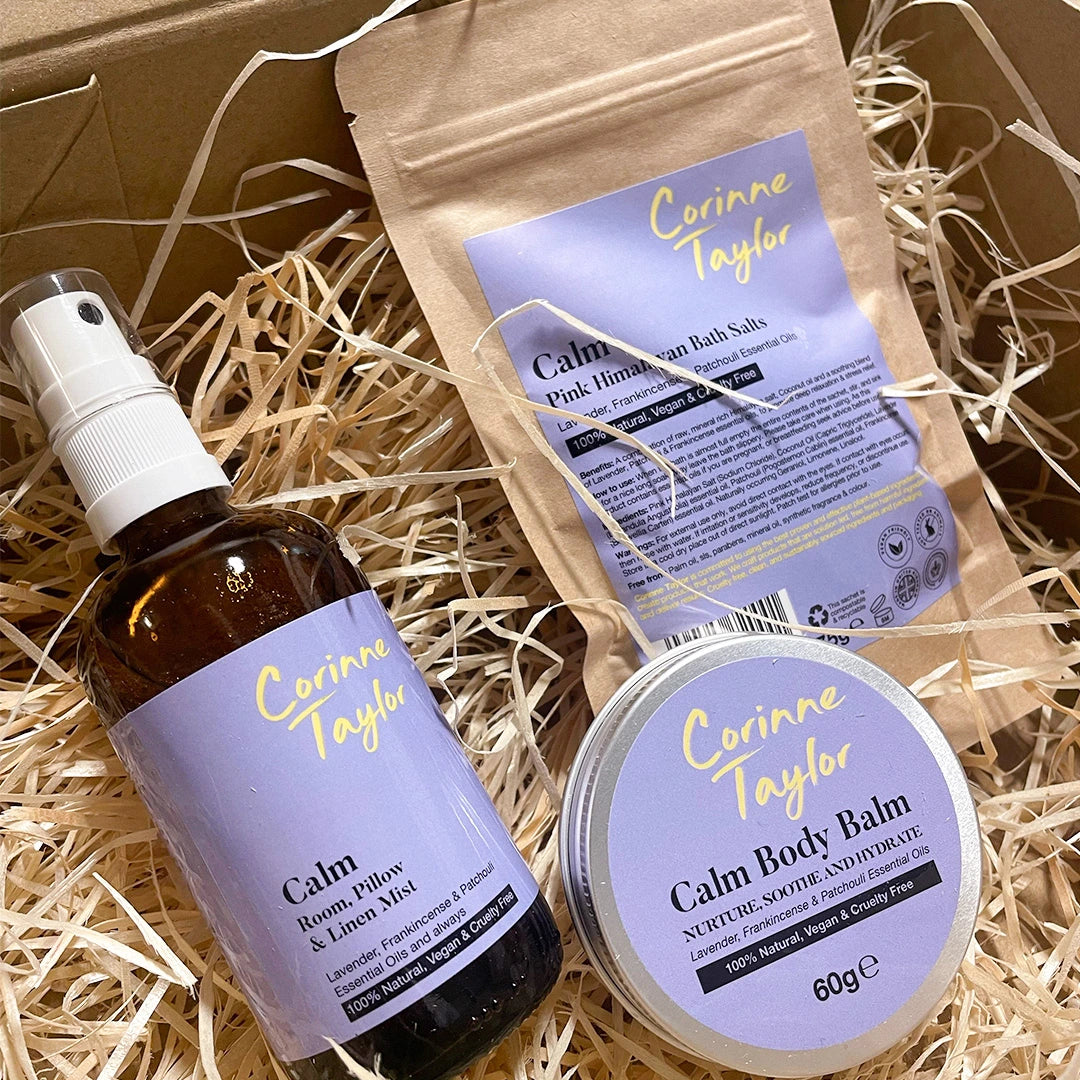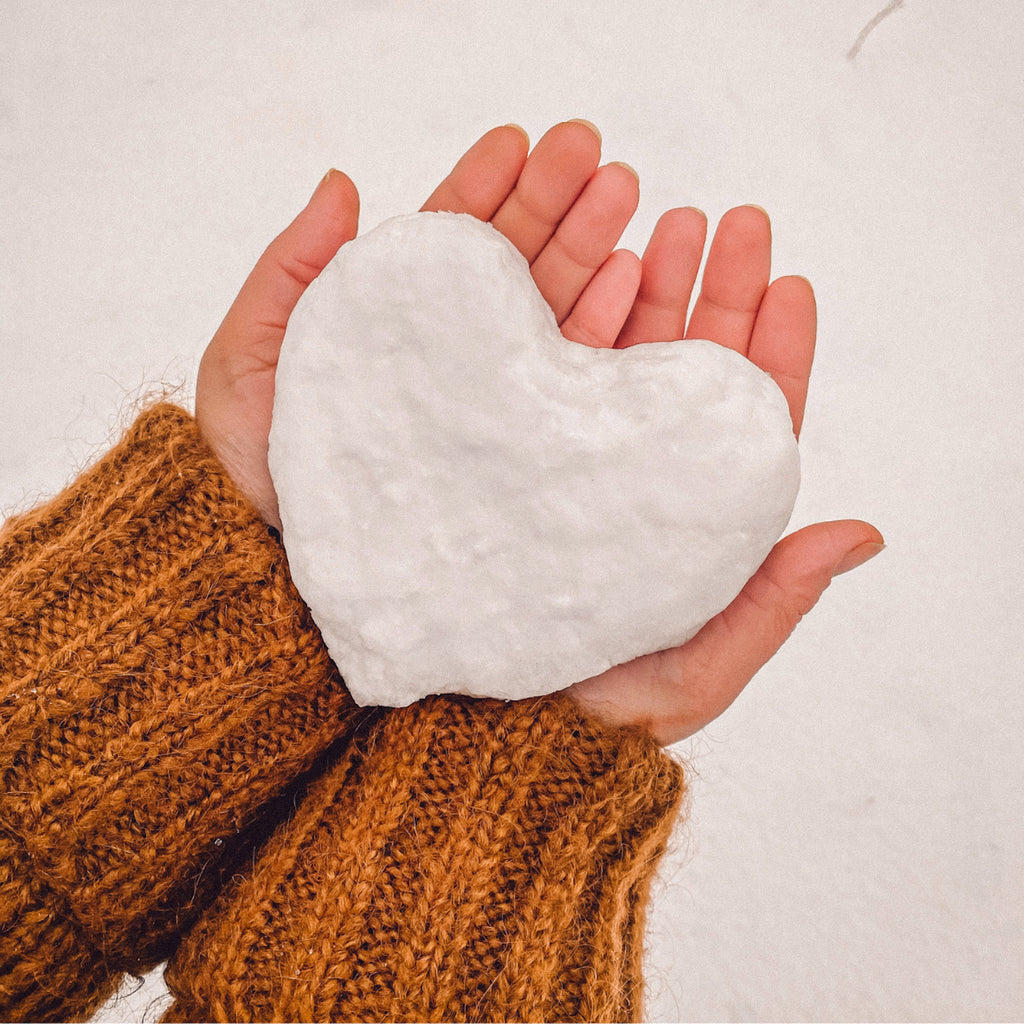
Our Top Tips for an Ethical Christmas
Christmas is just around the corner, and we love the season just as much as everyone else. What we don't love is the waste that traditionally comes with Christmas.
Waste increases by 30 per cent for each household in the UK over the Christmas period. Around 300,000 tonnes of card packaging is thrown away each year, around 1 billion cards and enough tin foil to cover all of Suffolk. Add in the seven million Christmas trees, endless packaging from gifts and unwanted presents, and it can be a season of wastefullness.

It is possible to celebrate Christmas without it costing the earth. Here are some simple ideas for the festive season to help you celebrate in a sustainable way.
Sustainable Christmas Trees
Real or plastic? Around 7 million trees are bought each year, with a huge percentage of these being sent to landful after Christmas. If you are buying a plastic tree, it needs to be used for around 11 years to offset the oil the plastic is made from. If you buy a real tree, then opt for a potted one that can be resued year after year, rather than a cut tree that will only survive a few weeks. There are Christmas tree farms that let you rent a tree, and then take it back and look after it until next year too - a great option if you are not green fingered or don't have space to look after a potted tree all year long.

Mindful Gifting
This time of year, the shops are full of gift sets and present ideas, encouraging you to buy more, more, more. Being mindful about what you buy will help reduce waste. Gift sets usually come with excess {plastic} packaging, so why not create your own? Concentrate on buying meaningful gifts for people, rather than buying for the sake of it. Less is more - one gift they will love rather than 5 things bought so it looks more impressive.
Sustainable Gift Wrap
In the UK alone, we throw away enough rolls of wrapping paper to circle the globe a staggering nine times every Christmas. That is a shocking statistic and one that we can do our part to reduce. Firstly, making sure that any gift wrap that you do use is recyclable - if it holds its shape when you scrunch it, then it can be recycled. Avoid foil, metallic papers and glitters which end up in landfill and are damaging to the environment. Why not get creative and make your own gift wrap. You could use fabric that can be used time and time again, reuse paper and decorate with string and dried botanicals. You could purchase scarfs from charity shops that are perfect for wrapping gifts in.
Sustainable Christmas Cards
Every year in the UK, around one billion Christmas cards are sold – which is the equivalent of 33 million trees. Rethink whether you need to send a card to everyone you know, while your Grandma might still appreciate a handwritten card, everyone you know may not need a card! For any cards you do send, make sure they are free of glitter and anything else that makes them un-recyclable, and choose ones that have been made from recycled materials. You could also opt to send e-cards too to cut back on waste.

Support local
Choosing to support local businesses not only helps your local economy but also reduces your carbon footprint. Look for local Christmas Markets where you can purchase gifts from local sellers, often there will be stalls where you can buy local Christmas tress and produce for the season too.
Make your own
Whether it's gift wrap, cards or gifts - making your own is far more fun, thoughtful and often far more ethical. Get your children involved, and it makes memories too. Hand stamped brown paper makes the perfect wrapping paper. Make your own Christmas cards - you could make beautiful leaf pressed cards, or get your Children to colour in a winter scene. Handmade gifts mean so much more than a generic gift set. From bath salts to fudge, decorated plant pots {complete with plant} to a family photo {ideal for Grandparents} there are so many ideas for handmade gifts!
Eat, drink and be merry
It's a season of fun - from parties to Christmas dinner, so much of it is focused around food and drink. Every where we look, we're encourage to buy more, stock up and fill our cupboards full of food. The shops are only shut for a day or two at most now, so we really don't need to buy in excess. Being mindful about how much you buy is the first step. Think about any parties you may be throwing, and how many people you will be feeding for Christmas Dinner and buy accordingly. Store leftovers in reusable containers so they can be eaten over the next few days and get creative with those leftovers!






